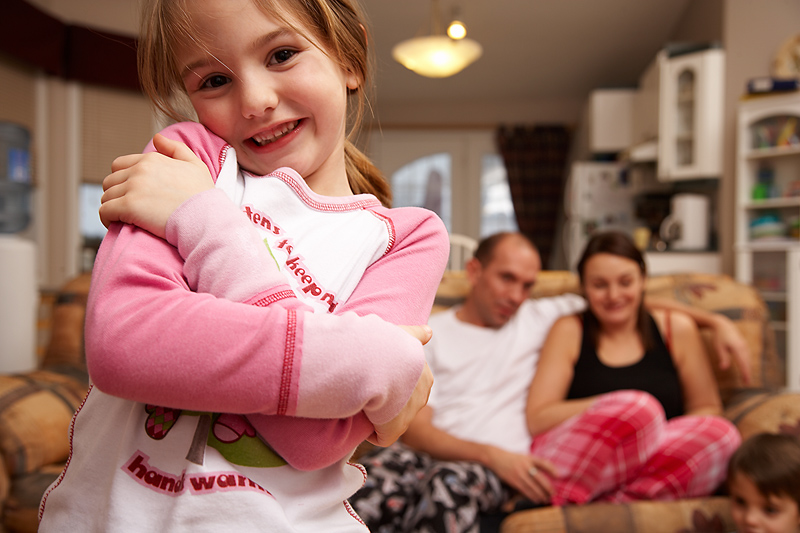

A new analysis suggests that parents who set rules and keep tabs on their teenagers may have kids who are more cautious about sex.
“Parents really matter, and they’re influential,” said report co-author Vincent Guilamo-Ramos, co-director of the Center for Latino Adolescent and Family Health at New York University’s Silver School of Social Work.
At issue: How can parents convince their children to engage in less sexual activity, especially risky unprotected intercourse?
The study authors said that statistics suggest that hundreds of thousands of U.S. teens become pregnant each year, and more than 75 percent of the pregnancies are unplanned. Sexually transmitted disease is another risk for teens and young adults: Research shows that in 2012, people aged 20 to 24 had the highest rate of new infections with HIV, the virus that causes AIDS.
In the new report, researchers combined and analyzed the results of 30 studies from around the world. The studies, completed from 1984 to 2014, analyzed the effects of parental activities such as knowing what kids are doing or setting rules for them. The goal of the studies was to see whether the kids of more watchful parents were more likely to skip sexual activity — defined in different ways — or use birth control.
The investigators found that kids whose parents set rules and monitored them — kept an eye on what they were doing and who they were with — had sexual intercourse later in life. Those whose parents monitored them were also more likely to use condoms and other forms of birth control, but making rules didn’t seem to have an effect on that front.
“When kids are sexually active, it’s less about setting clear rules and more about having a better relationship and better communication,” said Guilamo-Ramos.
Due to the designs of the studies, the researchers couldn’t tell if parental monitoring or rule making directly caused kids to be more cautious about sexuality. Other factors could explain the apparent connections in the statistics.
It’s possible, for example, that kids who don’t do risky things communicate more with their parents about their lives, allowing more monitoring, said Atika Khurana, an assistant professor of counseling psychology and human services at the University of Oregon. Still, she said, lots of research suggests that parental monitoring does matter.
While the new report doesn’t show “anything new except that a number of papers show that monitoring works,” the findings do “give parents the green light to parent,” said Dr. Richard Rupp, chief of adolescent and behavioral medicine at University of Texas Medical Branch, in Galveston.
In general, he said, research shows that parents can do three effective things to delay sexual activity in teens: They can model good behavior in their own actions, communicate with their kids, and keep an eye on them.
“Very similar results have been found for other adolescent risk behaviors,” Rupp said.
“Perhaps the clearest is for driving, probably because it is a rather simple behavior,” he said. “Parents communicate to their kids to be safe and the family rules for driving, and the consequences of unsafe driving. Parents then monitor and control the keys.”
But how do these kinds of parental strategies actually affect what kids do?
Khurana said that one theory is that awareness and rules are “an indicator of positive and supportive family climate that protects teens from negative outcomes. Also, parents who solicit information from their teens about their friends or whereabouts send an implicit message to their teens that they care about them and their well-being.”
However, research has also shown that firm parenting can backfire when kids see it as too controlling, Khurana said. In these cases, kids may rebel. “Parents have to be mindful of their child’s growing autonomy needs,” she said.
Guilamo-Ramos said it’s important to avoid being unfair and harsh. “When it starts to get problematic is when it’s controlling and doesn’t reflect that young people have to weigh in and provide their perspective,” he said.
The study was published online Nov. 30 and will appear in the December print issue of the journal Pediatrics.
More information
Planned Parenthood has more about talking to your teenager about sex.
Source: HealthDay
Copyright © 2026 HealthDay. All rights reserved.

Leave a Reply